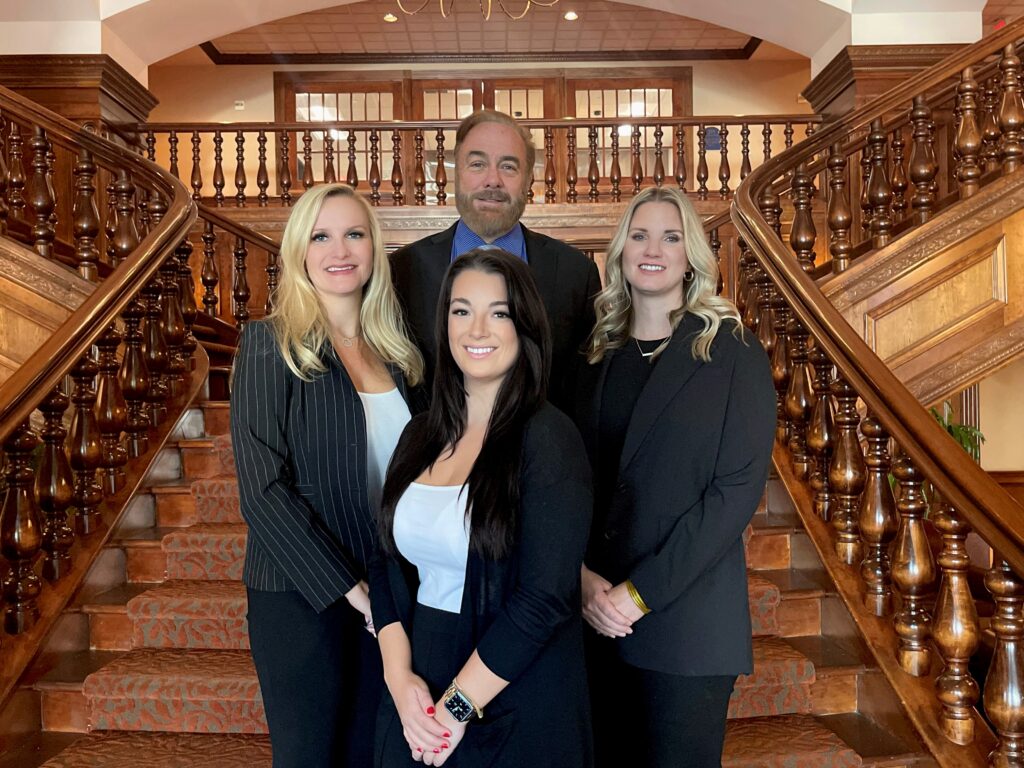By: Ronald Ellett and Brittany Sifontes
The death of the Debtor does not change the right to a homestead. Under Bankruptcy Rule 1016, “Death or incompetency of the debtor shall not abate a liquidation case under chapter 7 of the Code. In such event the estate shall be administered and the case concluded in the same manner, so far as possible, as though the death or incompetency had not occurred.”
Furthermore, the death of the Debtor makes no difference to the Debtor’s entitlement for exemptions. “It is hornbook bankruptcy law that a debtor’s exemptions are determined as of the time of the filing of his petition.”In re Peterson, 897 F.2d 935 (8th Cir. 1990), citing White v. Stump, 266 U.S. 310, 313, 45 S.Ct 103, 104, 69 L.Ed. 301 (1924); Mansell v. Carroll, 379 F.2d 683, 684 (10th Cir. 1967); and In re Friedman, 38 B.R. 275, 276 (Bankr.E.D.Pa.1984). Also:
Once the estate is created, no interests in property of the estate remain in the debtor. Consequently, if the debtor dies during the case, only property exempted from property of the estate or acquired by the debtor after commencement of the case and not included as property of the estate will be available to the representative of the debtor’s probate estate. The bankruptcy proceeding will continue in rem with respect to property of the estate, and the discharge will apply in personam to relieve the debtor, and thus his probate representative, of liability for dischargeable debts. In re Bauer, 343 B.R. 234, 237 (Bankr. W.D. Mo. 2006) quoting Sen. Rep. No. 95–*989, 95th Cong., 2d Sess. 82–*3 (1978), U.S.Code Cong. & Admin.News 1978, pp. 5787, 5869 (legislative history regarding 541).
“[A] Debtor’s homestead exemption must be determined as of the date of the original filing under chapter 7, and, as a result the Debtor’s subsequent death is not controlling.” quoting In re Mobley, 2004 WL 377679 citing In re Costello, 72 B.R. 841 (Bankr.E.D.N.Y. 1987), In re Alexander, 236 F.3d 431 (8th Cir.2001).
Arizona Bankruptcy Attorney
Contact Us
